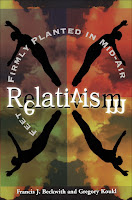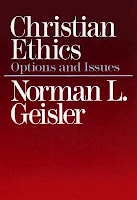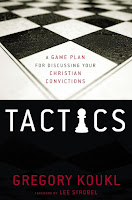Introduction
In recent months a major political and moral shift has been underway across America. The legality and morality of both infanticide and murder are actually being debated. But not under those terms. No, euphemisms are being used to obfuscate what is truly at stake- the lives of millions of people- your children's lives, your grandchildren's lives, for generations to come.If we continue to ignore this debate and do nothing, we do so at a severe intellectual, moral, and personal cost. This post will help you see through the intentional obfuscation of those who are actively attempting to deceive you into supporting these atrocities.
The Terms Used
The debate over infanticide and murder are logical extensions of the debate over abortion. On one side, people argue that terminating a pregnancy (up to and including while the mother is in labor) can be justified (the "pro-choice" position), while the other side argues that there exists no such justification (the "pro-life" position). The pro-choice advocate gets emotionally heated because they believe that a mother has the right to exercise autonomy over the life of her unborn child. The pro-life advocate gets emotionally heated because they believe that no human, including the mother, has the right to exercise autonomy over the life of any unborn child.In the midst of the emotional exchanges, some advocates on both sides attempt to take a more objective approach and provide evidence for their position in an effort to bring a logical resolution the debate. If one side is successful in this goal, then their emotional responses may be justified by the evidence, but if that position is not justified by the evidence, then the emotional responses (and the position itself) is not justified and logically must be abandoned. The abandonment would include all laws and legal decisions that support the position as well. Today, I want to take some time to examine the available options and see how they square with reality and experience.








